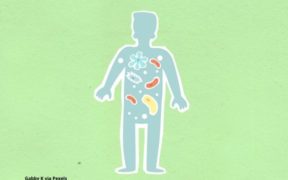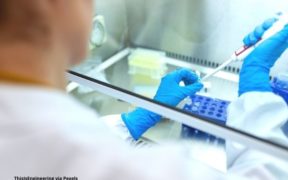
Moderate alcohol intake — defined as no more than one alcoholic drink for women and two for men per day — has been associated with

As the COVID-19 cases continue to rise in India, doctors have begun to notice another alarming trend. Some COVID-19 patients who have recently been released

Gestures — such as pointing or waving — go hand in hand with a child’s first words, and twins lag behind single children in producing

A new University of Iowa study challenges the idea that grey matter (the neurons that form the cerebral cortex) is more important than white matter

Quality care is a critical issue for mothers and newborn health. More women globally give birth in health facilities than ever before, but this has

Fully investing in midwives by 2035 would avert roughly two-thirds of maternal, newborn deaths and stillbirths, saving 4.3 million lives per year. Millions of lives

The World Health Organization (WHO) and the Federal Republic of Germany will establish a new global hub for pandemic and epidemic intelligence, data, surveillance and

WHO’s latest global survey on the implementation of national infection prevention and control programmes highlights the urgent need to reduce inequalities in the availability of

Yale researchers have shown that developmental abnormalities, including those that lead to pregnancy loss and autism, are controlled by the genetics of the fetus and

A Wyss Institute-led collaboration spanning four research labs and hundreds of miles has used the Institute’s human organ-on-a-chip (Organ Chip) technology to identify the antimalarial

In a paper published this week in Nature Machine Intelligence, the researchers introduced REDIAL-2020, an open-source online suite of computational models that will help scientists rapidly

The Food Safety Information Council warned that good handwashing rather than using hand sanitiser was more effective in reducing the risk of catching the gastro